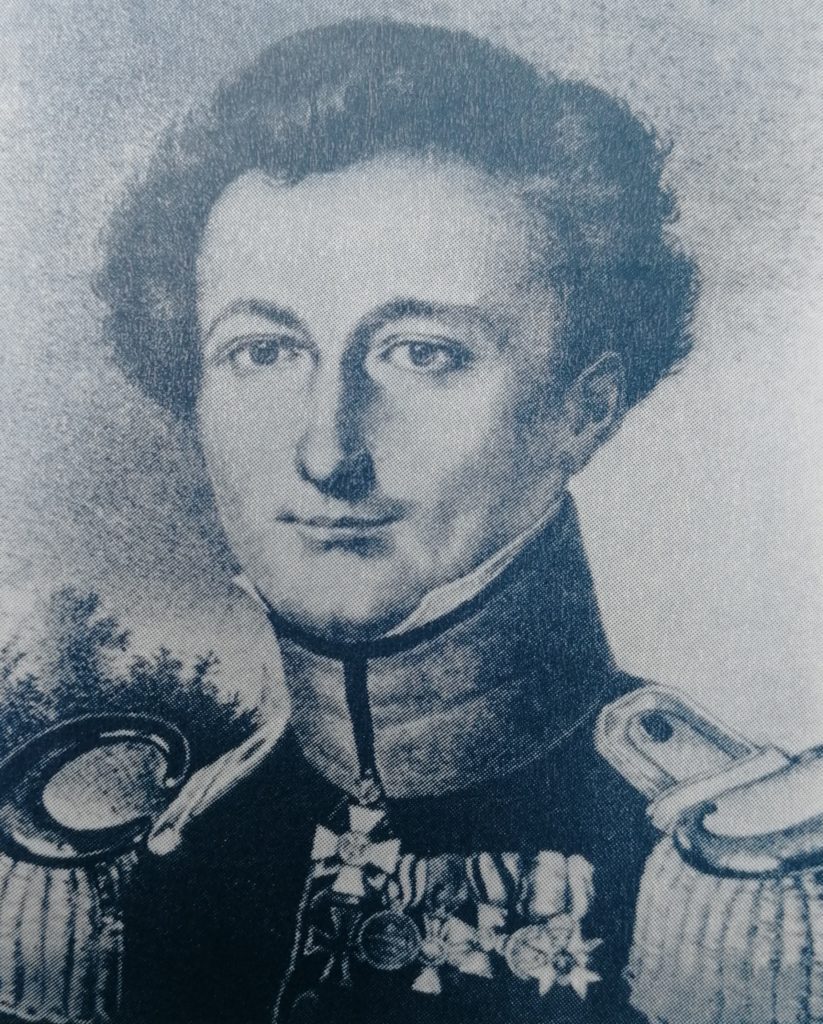In Book One of On War, Carl von Clausewitz introduces a famous concept: friction.

Clausewitz’s Friction: little things, big problems
Clausewitz’s friction is what makes the simplest things difficult in war. War requires many little individual actions. Difficulties in carrying out each and every one of them tend to accumulate and create chain reactions.
External phenomena such as chance, or the weather, strengthen these chain reactions. More, they are also reinforced by war constraints, such as physical exhaustion or fear. A weapon that malfunctions, a subordinate who misunderstands orders, a vehicle that breaks down, a terrain that does not correspond to the map… Multiplied by the men and equipment of the army, this is the friction.
As a consequence of the friction, it is difficult to calculate one’s own actions. Results might always fall short of expectations. However, ways to conduct the action despite the friction exist.
When reality goes beyond friction
In war, experience and willpower partly compensate friction.
Those with no experience of war will understand the phenomenon of friction with difficulty: “As long as we have no personal knowledge of War, we cannot conceive where those difficulties lie“. The General has to rely on his experience to deal with the friction. It is the only way to estimate with accuracy the results that one can reasonably achieve.
But experience is nothing without an iron will. Indeed, it can also bring to irresolution. “A powerful iron will overcomes this friction; it crushes the obstacles, but certainly the machine along with them.” Indeed, bypassing the phenomenon of friction requires considerable efforts, which an army cannot sustain for long. For example, to achieve greater progression than what would appear mediocre to an uninitiated, a troop had in the past to weaken its men with forced marches. Today, it would have to abandon its broken-down vehicles to maintain its fast pace.
The effort can only be considered as a temporary rise of pain. It’s up to the General to decide when and how long he wants to endure it.
*
To sum up, understanding the reality of military action cannot be done without the concept of friction. Ignoring it is a mistake; trying to make it disappear, an illusion: it is consubstantial to war.
“Everything is very simple in War, but the simplest thing is difficult.”
Carl von clausewitz, on war
*
Read also Clausewitz’s Trinity
